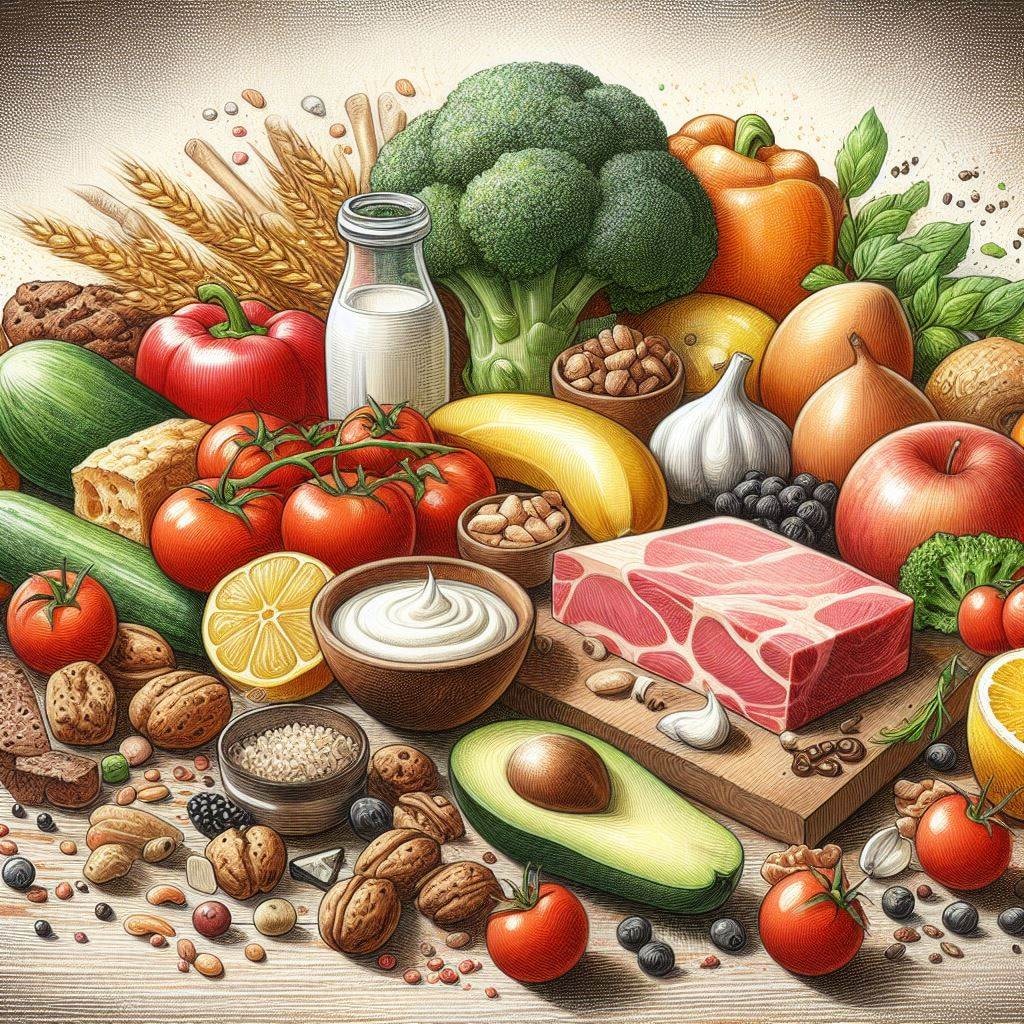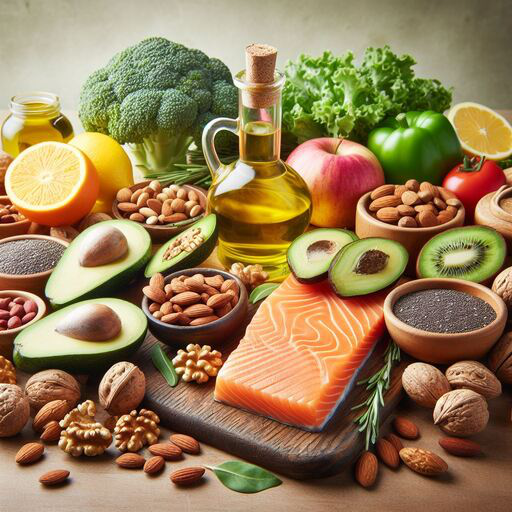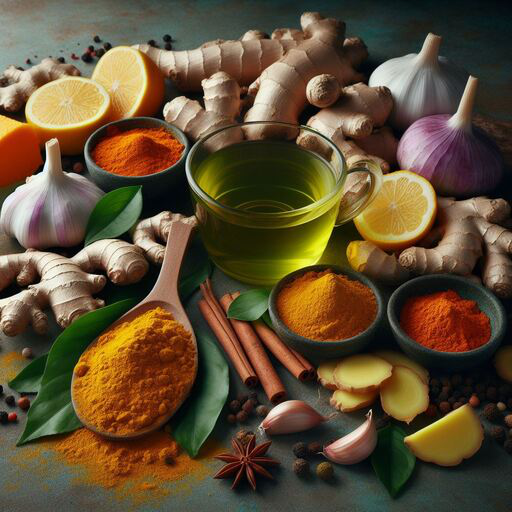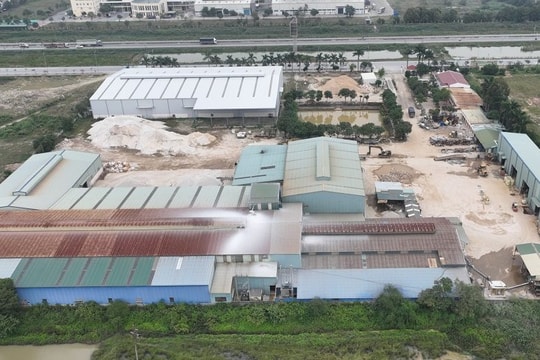Diet for people with tuberculosis
Dietary guidelines play an important role in the management of pulmonary tuberculosis.
1. The importance of diet for people with pulmonary tuberculosis
Nowadays, with the progress of science, pulmonary tuberculosis has been basically controlled, with good treatment prognosis if patients cooperate and comply with the treatment regimen.
For people with pulmonary tuberculosis, the immune system is often weakened, leading to poor absorption of nutrients and leading to weight loss and malnutrition. This also affects the quality of treatment because the patient is tired, has no resistance and does not comply with treatment until the end of the course. Therefore, in addition to taking medication and following the doctor's instructions, people with pulmonary tuberculosis need to supplement good nutrition to increase the effectiveness of treatment and quickly recover their health.
People with pulmonary tuberculosis need to understand the principles of diet to maintain stable health. Energy intake must be appropriate to the patient's physical condition. If the patient has an average weight, there is no need to change the amount of food each meal, just pay attention to providing adequate nutrition and food variety. If the patient is underweight or too thin, it is necessary to increase eating to achieve the appropriate weight according to the BMI index.

Meals for people with pulmonary tuberculosis need to ensure a balanced amount of food and must include all four food groups: protein, carbohydrates, fat, vitamins and minerals. Daily meals need to be varied, processed hygienically, and suitable for the patient's taste. Divide into many small meals a day so that the patient can eat easily, digest easily, and absorb easily, and ensure that all necessary nutrients are provided.
2. Essential nutrients for people with pulmonary tuberculosis
2.1 Protein-rich foods are good for people with tuberculosis
Protein is important for the growth, repair, and maintenance of tissues in the body, and TB patients need more protein to support recovery. Protein-rich foods such as eggs, lean meat, poultry, fish, beans, lentils, and nuts are excellent sources of protein. Consuming protein-rich foods can help prevent muscle loss, promote wound healing, and boost the immune system.
2.2 High calorie foods
TB patients often need extra calories to help them recover. Consuming high-calorie foods can provide the energy they need. Some high-calorie foods that can be included in a TB diet are avocados, cheese, nuts, peanut butter, whole milk, yogurt, dried fruit, and dark chocolate. It is important to consume these foods in moderation and not rely solely on them for calories.
2.3 Micronutrient consumption
Micronutrients are essential nutrients that are required in small amounts for overall health and well-being. They include vitamins and minerals, which play an important role in maintaining the immune system, aiding recovery, and preventing further complications. Consuming foods rich in micronutrients such as dark green leafy vegetables, berries, citrus fruits, nuts, and seeds can help ensure that the body receives the nutrients it needs to function properly.
2.4 Focus on good carbs
Good carbs are an essential part of a healthy diet, especially for TB patients. Good carbs are complex carbohydrates that are rich in fiber and nutrients, such as wholegrain breads, pasta, and brown rice. These foods provide the body with sustained energy and help stabilize blood sugar levels, preventing spikes that can lead to fatigue and weakness.
2.5 Add good fats to your diet

Investing in good fats is important for TB patients because they need a healthy source of energy to support their recovery. Good fats, such as those found in avocados, nuts, seeds, and olive oil, are rich in essential fatty acids that can help improve heart health, brain function, and immune system function. These fats can also help regulate inflammation in the body, helping TB patients reduce their risk of developing complications.
2.6 Foods rich in vitamin B complex
B-complex vitamins are important for maintaining good health, especially in the context of managing tuberculosis. Foods rich in B-complex vitamins include green vegetables, whole grains, nuts, legumes, dairy products, meat, fish, and poultry. Eating a balanced diet with these foods can help support the immune system and promote overall health during treatment for pulmonary tuberculosis.
2.7 Foods rich in zinc
Zinc is an essential mineral that plays a vital role in maintaining a healthy immune system, wound healing, and growth. Some zinc-rich foods include oysters, beef, pork, chicken, nuts, beans, whole grains, and dairy products.
Getting enough zinc is especially important for people with pulmonary tuberculosis because zinc deficiency can impair immune function and increase the risk of infection.
3. Suggested dishes for people with tuberculosis
People with pulmonary tuberculosis should use foods rich in vitamins A, E, C, etc. Dark green vegetables and ripe yellow-red fruits such as oranges, mangoes, papayas, tomatoes, and carrots contain a lot of vitamins A and C to strengthen the immune system and are good for people with pulmonary tuberculosis.
People with pulmonary tuberculosis are often at risk of iron deficiency leading to anemia, which reduces resistance and makes them susceptible to infectious and cardiovascular diseases... Therefore, patients need to eat foods rich in iron such as: wood ear mushrooms, shiitake mushrooms, soybeans, egg yolks, beef, lean meat, animal liver...
When using drugs to treat tuberculosis, it is often necessary to use them for a long time according to the anti-tuberculosis regimen. These drugs reduce the ability to absorb vitamin B6. Because patients have poor absorption and are prone to digestive disorders, the ability to synthesize vitamin K is reduced, hindering the blood clotting process. Therefore, it is necessary to eat foods rich in vitamins K and B6. These vitamins are abundant in foods such as lean pork, chicken, liver, dark green vegetables, beans, potatoes, bananas, cauliflower, whole grains, etc.

People with pulmonary tuberculosis should ensure they supplement their diet with plenty of vegetables and minerals. Fresh vegetables and fruits are rich in vitamins A, C, E, K, B6, etc. and are rich in antioxidants that help strengthen the immune system, protect the mucous membranes, and prevent the risk of infection in people with pulmonary tuberculosis. Vegetables are an excellent source of vitamins and minerals that can help strengthen the immune system and aid recovery in tuberculosis patients.
You should prioritize fresh dark green leafy vegetables, ripe yellow and red fruits such as oranges, mangoes, papayas, tomatoes, carrots; kale, asparagus, broccoli, spinach, bell peppers; whole grain rice, bananas, beans, nuts... which are rich in antioxidants and fiber, can help prevent cell damage and improve digestive health.
People with pulmonary tuberculosis should increase their consumption of superfoods such as turmeric, garlic, ginger and green tea which have anti-inflammatory and immune-boosting properties, support tuberculosis control, and help protect against cell damage.
TB patients may experience loss of appetite, nausea and weight loss, leading to weakness and fatigue. Consuming energy-dense foods such as smoothies, soups and stews can provide essential nutrients in an easily digestible form. These foods are also rich in carbohydrates, proteins and healthy fats, providing the energy needed to support recovery and prevent further complications.
Patients should note that, in addition to a good diet, they need to have a regular lifestyle and adequate rest. Do not use stimulants such as alcohol, beer, cigarettes, etc. because these substances reduce the effectiveness of treatment and increase the side effects of the drug.
People with TB should avoid certain foods such as alcohol, sugary foods and processed foods because they can weaken the immune system and make it harder to fight infection. Limit fatty meats such as red meat, sausages and bacon, as these foods can be difficult to digest and can worsen TB symptoms.
Diet for patients of all ages, people with other diseases, pregnant women, breastfeeding women or people with tuberculosis and diabetes should be consulted directly with the treating doctor. Because the doctor is the one who understands the disease condition best and has the most accurate advice for effective diet and treatment./.




